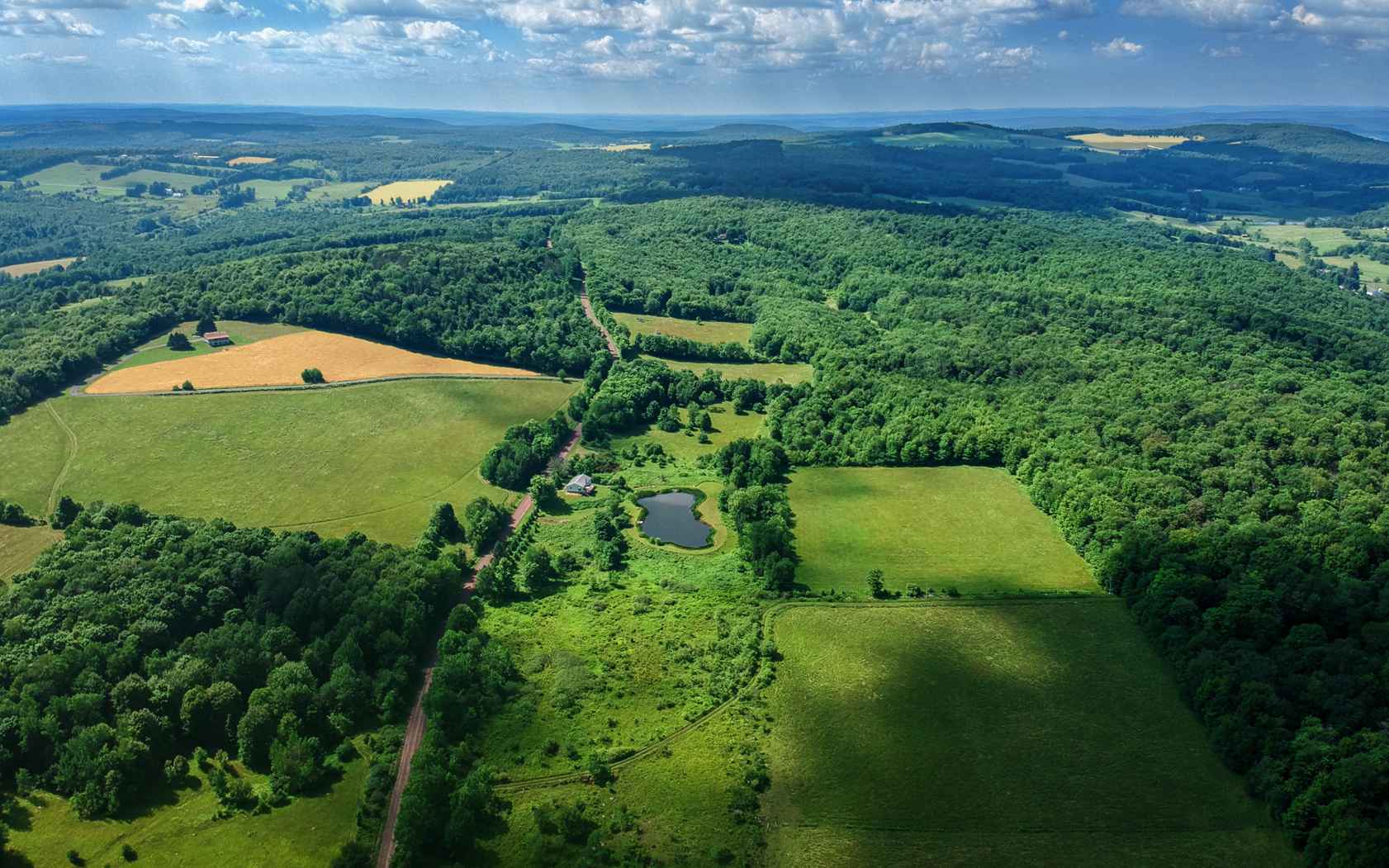The event focused on building community, connection, confidence, and leadership skills amongst its attendees, as well as supporting them to build on their learnings about climate justice and to design campaigns to create change.
At Triodos Bank, we recognise the key role that the financial system plays in shaping our society for future generations, and as a longstanding partner of Friends of the Earth we were proud to sponsor the gathering.

We spoke to Jaza, youth activist and student who was part of the team responsible for organising and hosting the gathering. His role included selecting relevant workshops for the event, creating a positive experience for those attending and he was also a co-host on the opening panel and workshop.
What inspired you into activism?
It wasn’t necessarily inspiration that drew me into activism, it was more me thinking about the problems within the UK and around the world and what I could do to help, regardless of how small. I realised that I had to do my bit to make the world a tiny bit better and Friends of the Earth has certainly played their part to push me in that direction.
As a young person with limited resources, I view activism as a tool that allows me to show the world what I believe to be right. I think it’s important to make that distinction. As young people, we should understand and be able to justify what we’re fighting for.
It was inspiring to meet and see such young individuals at the gathering who were voicing their concerns, ideas, and demanding change within the activism sphere. That really solidified my intentions, making me realise that going down this road was worthwhile.
What does climate justice mean to you?
My understanding of climate justice is quite simple really: mitigating the climate crisis in an equitable manner for the world and its people. I say “equitable” and not “equal” because equality cannot guarantee fairness, as individuals and communities come from different walks of life. What could be sufficient for one group of people may not be so for another. So, it is crucial we seek equitable solutions in the pursuit of climate justice.
The youth gathering focused on creating an inclusive space for young people, to explore campaigning on climate change and nature – why do you think it is important to have these spaces?
These spaces allow young people to think freely, enabling them to put their capabilities, skills and talent to use in a healthy, judgement-free environment. Despite such spaces being on offer, I believe there aren’t enough of them. I believe it is a must that people and organisations in charge and with money understand that these spaces are needed to cultivate the minds of young people, helping them to help the world.
In one of the sessions at the gathering you had to imagine a future gathering in 30 years’ time, when campaigning had changed the world for the better, what is different about the world?
I quite enjoyed that session. I remember writing a poem, to be read 30 years from now. I looked at it from two main perspectives: a complete utopia, and then a more realistic standpoint. To put it simply, a better world. In all conceivable aspects. Geographically, politically, environmentally, socially, whatever it may be. A world where a capitalistic agenda isn’t the norm, but rather the wellbeing and prosperity of mankind being abundant.
What needs to change to enable young people to act on climate change? What barriers could those over 25 change to make creating change easier for youth activists?
We all face adversity in some shape or form, it could be academically, financially and or societally and adults have a responsibility to support the younger generations overcome these obstacles.
We need change in the financial system, when it comes to making it easier for young people to advocate for climate and social justice or bringing about any positive change serious consideration must be given to how and where money is used



Thanks for joining the conversation.
We've sent you an email - click on the link to publish your post.